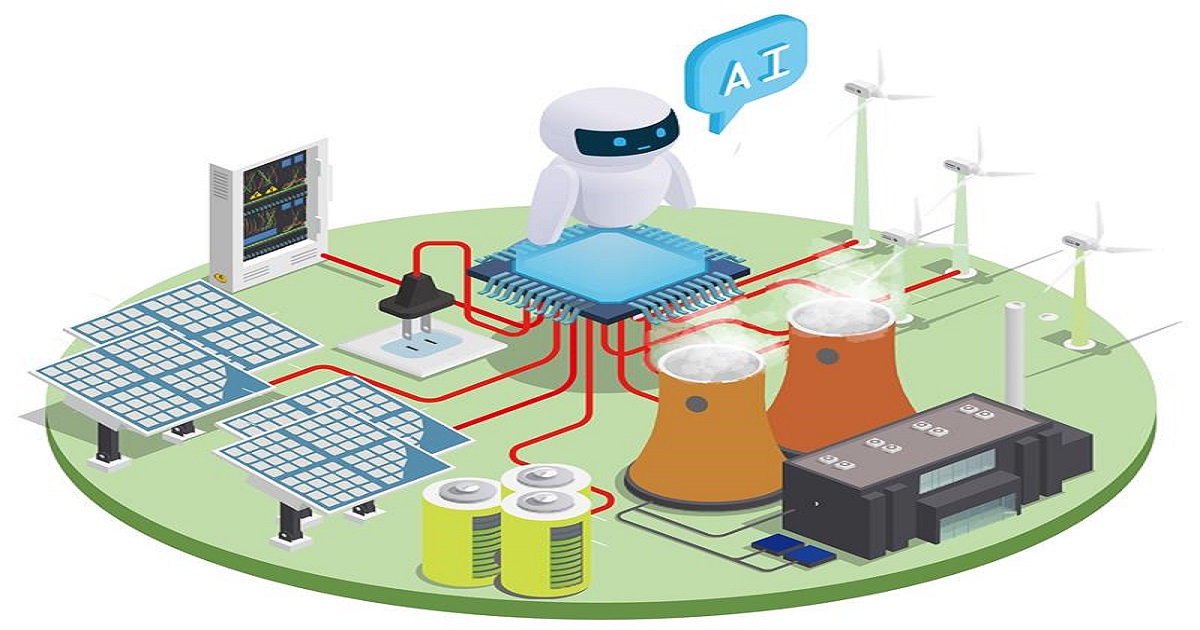- 3.2Impact Factor
- 7.3CiteScore
- 17 daysTime to First Decision
Digital Modeling, Operation and Control of Sustainable Energy Systems
This special issue belongs to the section “A: Sustainable Energy“.
Special Issue Information
Dear Colleagues,
The ongoing energy revolution is driving a comprehensive evolution in power system architectures, with the large-scale integration of renewable energy sources (RESs) accelerating the development of sustainable integrated energy systems. While this transformation enhances the overall cleanliness of energy systems, it also introduces multidimensional technical challenges: system-level modeling complexities, stability boundaries reshaped by reduced inertia, and exponentially increasing coordination difficulties in optimizing source–grid–load–storage systems due to the integration of massive heterogeneous distributed resources. As a critical enabler, energy storage has demonstrated unique value in mitigating the volatility of RESs, enhancing grid flexibility, and promoting renewable energy utilization. However, for these highly nonlinear and self-coupled systems, developing a systematic framework that spans "modeling–optimization–control–planning" remains a challenge requiring urgent attention.
Notably, paradigm shifts in digital technologies are opening new pathways to address these challenges. In the realm of modeling, emerging digital modeling techniques enable cross-scale mapping from device-level parameter identification to system-level dynamic forecasting. On the control side, artificial intelligence (AI)-driven methodological innovations are reshaping traditional paradigms, with real-time autonomous decision-making systems based on deep reinforcement learning significantly improving the dispatch responsiveness of wind–solar–storage hybrid systems. At the implementation level, cloud–edge–end collaborative computing platforms provide the computational foundation for plug-and-play control of millions of distributed resources. Recent breakthroughs in data-driven predictive optimization algorithms, distributed autonomous control frameworks, and hybrid enhanced decision models in renewable energy and integrated energy systems mark the transition of this field into a new era of deep “physical-information” integration.
To advance the field of sustainable energy systems under the dual contexts of energy and digital transformation, we invite you to contribute high-quality innovative research to this Special Issue, focusing on the “modeling–control–operation” technology chain for renewable and integrated energy systems enabled by next-generation AI technologies. Key topics of interest include, but are not limited to, the following: the multi-scale hybrid modeling of sustainable energy systems; outage monitoring; event detection and the resilient operation of power systems; smart optimization and scheduling for low-carbon energy systems; multi-energy complementary technologies for urban, campus, and rural integrated energy systems; intelligent planning methods for modern power systems in the context of low-carbon transitions; applications of AI in forecasting and analysis of low-carbon energy systems; autonomous restoration control under extreme events; stability analysis and control of electronic power-dominated systems; and autonomous energy management algorithms.
By fostering dialogue across multiple disciplines, this Special Issue aims to promote the organic integration of methodological innovation and practical application, ultimately enhancing the operational efficiency and global reliability of sustainable energy systems.
Dr. Yi Yu
Dr. Rongni Yang
Dr. Yingping Cao
Dr. Kuan Zhang
Dr. Hong Tan
Guest Editors
Manuscript Submission Information
Manuscripts should be submitted online at www.mdpi.com by registering and logging in to this website. Once you are registered, click here to go to the submission form. Manuscripts can be submitted until the deadline. All submissions that pass pre-check are peer-reviewed. Accepted papers will be published continuously in the journal (as soon as accepted) and will be listed together on the special issue website. Research articles, review articles as well as short communications are invited. For planned papers, a title and short abstract (about 100 words) can be sent to the Editorial Office for announcement on this website.
Submitted manuscripts should not have been published previously, nor be under consideration for publication elsewhere (except conference proceedings papers). All manuscripts are thoroughly refereed through a single-blind peer-review process. A guide for authors and other relevant information for submission of manuscripts is available on the Instructions for Authors page. Energies is an international peer-reviewed open access semimonthly journal published by MDPI.
Please visit the Instructions for Authors page before submitting a manuscript. The Article Processing Charge (APC) for publication in this open access journal is 2600 CHF (Swiss Francs). Submitted papers should be well formatted and use good English. Authors may use MDPI's English editing service prior to publication or during author revisions.
Keywords
- sustainable energy systems
- microgrids
- renewable energy
- stability analysis
- control
- digital modelling
- energy management

Benefits of Publishing in a Special Issue
- Ease of navigation: Grouping papers by topic helps scholars navigate broad scope journals more efficiently.
- Greater discoverability: Special Issues support the reach and impact of scientific research. Articles in Special Issues are more discoverable and cited more frequently.
- Expansion of research network: Special Issues facilitate connections among authors, fostering scientific collaborations.
- External promotion: Articles in Special Issues are often promoted through the journal's social media, increasing their visibility.
- e-Book format: Special Issues with more than 10 articles can be published as dedicated e-books, ensuring wide and rapid dissemination.

